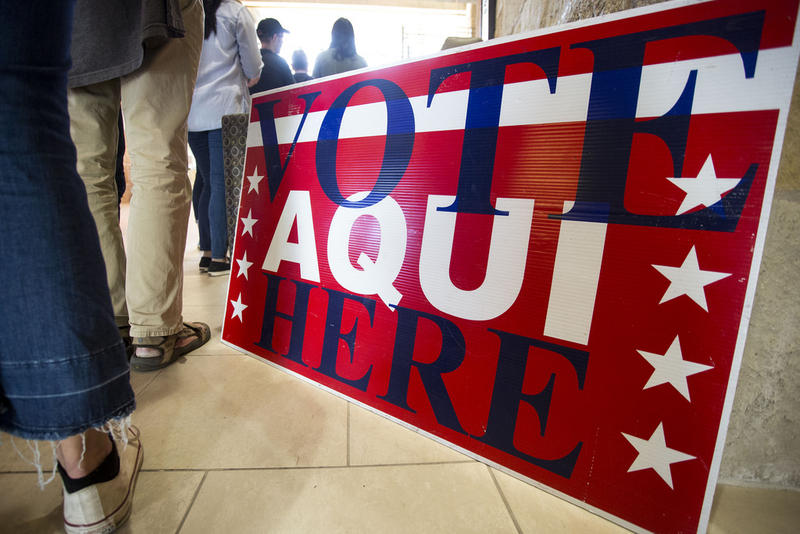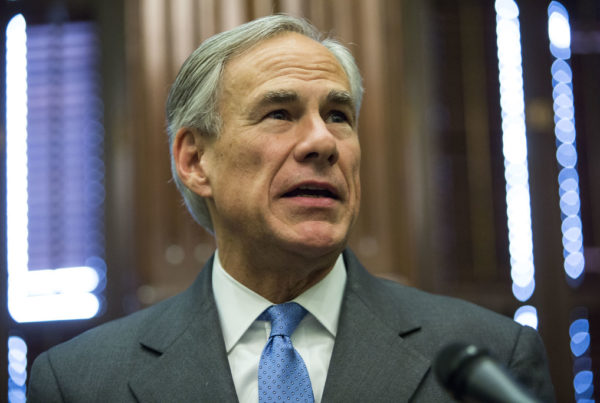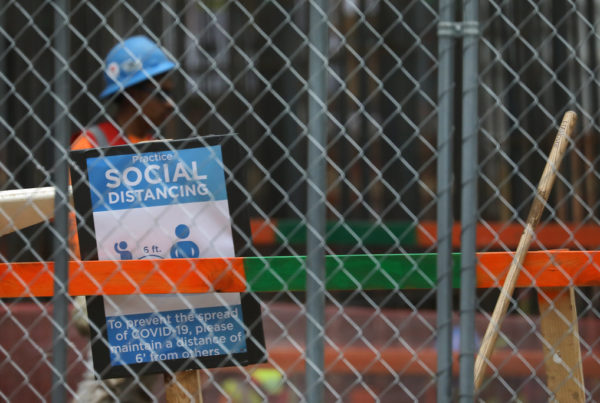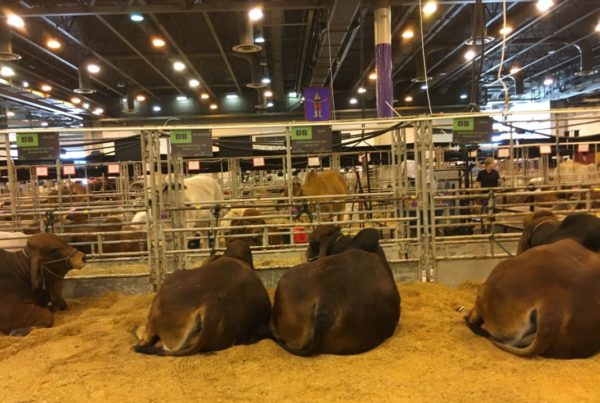As many Texans continue to work from home during the coronavirus outbreak many wonder: what would it take to open up the state’s limited absentee ballot system to everyone?
“Millions of dollars,” for starters, according to ProPublica Reporter Jessica Huseman, who spoke with Texas Standard this week. Huseman covers voting rights and procedures for ProPublica, a non-profit news organization based in New York.
Currently, Texas limits mail-in ballots to senior citizens, disabled individuals and those who can prove they would be outside of their county on Election Day. Absentee voting or vote-by-mail started during the Civil War because so many voters were on the battlefield, Huseman says.
But beginning in the 1980s, many states began offering absentee voting for any reason. California was the first state to do so. And five states – Utah, Washington, Oregon, Colorado and Hawaii – send mail-in ballots to every registered voter.
But in Texas, elections are overseen by each individual county. And each county uses different machines and methods to cast and tabulate ballots. If Texas were to move to expand absentee voting to everyone, it would take a great deal of money and legislative action to do so.
“It would take a huge culture shift in Texas for us to get on a statewide page around one system of voting,” Huseman says. “Vote-by-mail is not as simple as popping a ballot into an envelope and sending it to you and you sending it back.”
It would require the purchase of special paper and not just for the ballots. Paper voting directions would have to be sent out as well as voting-by-mail applications.
Then there’s the transportation of the ballots. “One 18-wheeler truck holds about 250,000 ballots,” Huseman says.
It’s not something that could likely be done before the 2020 election.
“States that rolled this out on a statewide basis have done it over a period of several years,” she says.
Washington state took six years to build its mail-in voting system. Then there’s there legal overhaul of current voting procedures.
“You would have to convene the [Texas] legislature,” Huseman says. “And it would require a level of organization that I don’t know is politically possible right now. and it would be more than convening the legislature. It would be convening the legislature, having them change the rules, and also disperse millions of dollars for this.”















